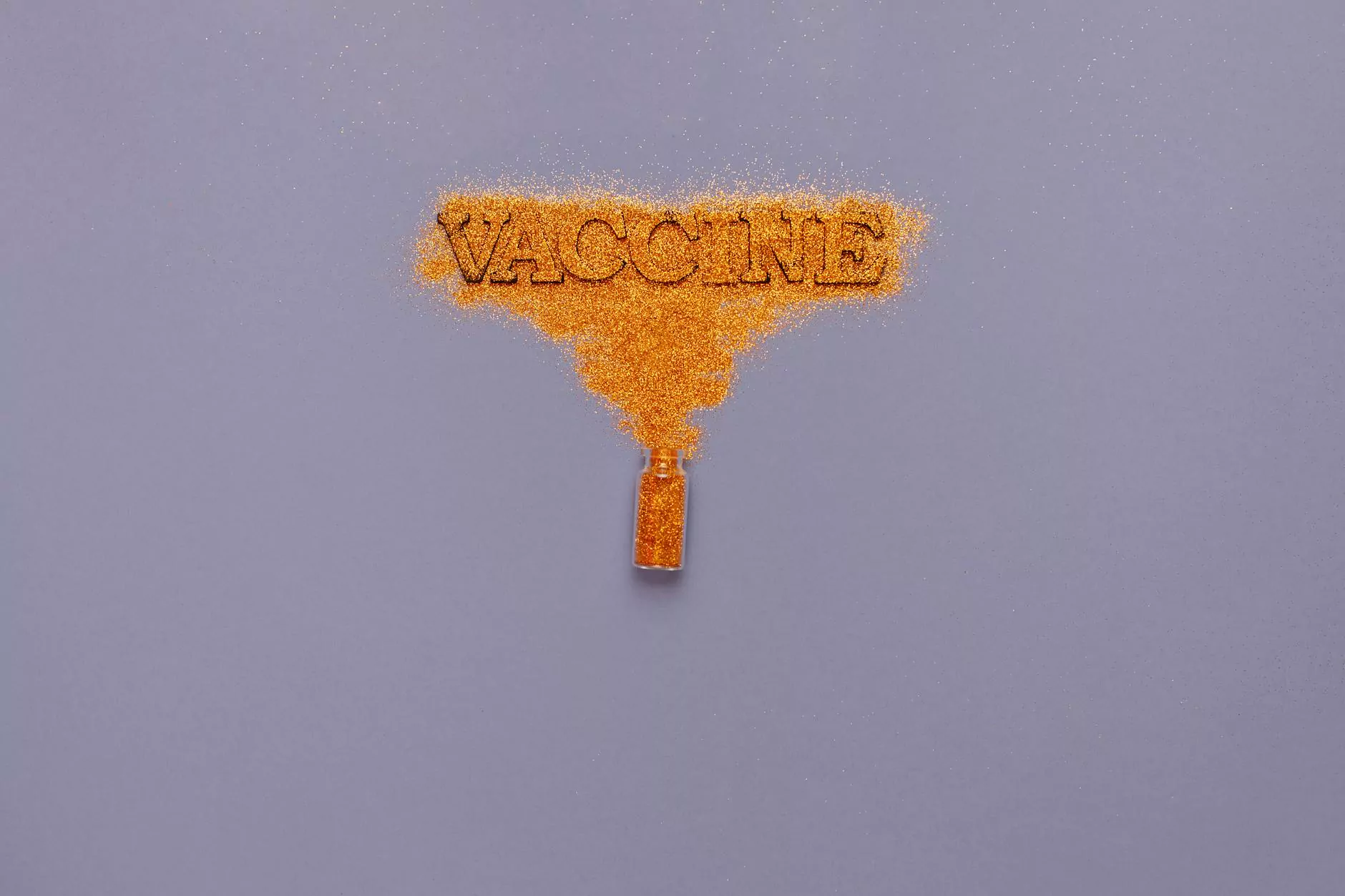Cancer Risk After Total Hysterectomy: Understanding the Implications

Total hysterectomy, the surgical removal of the uterus, is often performed for a variety of medical reasons, including chronic pain, abnormal bleeding, and in some cases, cancer. One of the key concerns surrounding this procedure is the potential impact on cancer risk, particularly for women who undergo a total hysterectomy and are concerned about their long-term health.
What is a Total Hysterectomy?
A true total hysterectomy involves removing the uterus and the cervix. In some cases, additional procedures may be conducted simultaneously, such as a salpingo-oophorectomy, which involves removing the ovaries and fallopian tubes. The decision to undergo this surgery can be complex, influenced by numerous factors including age, medical history, and personal health goals.
Understanding Cancer Risks
One of the primary concerns surrounding a total hysterectomy is the cancer risk after total hysterectomy. The relationship between hysterectomy and various types of cancer is multifaceted, and understanding this risk requires an examination of several aspects:
Types of Cancer Related to Hysterectomy
While the removal of the uterus can reduce the risk of uterine cancer, it is essential to understand how it may influence the risk of other cancers:
- Ovarian Cancer: If the ovaries are removed, the immediate risk of ovarian cancer is eliminated. However, studies show that women who keep their ovaries may face altered risks.
- Cervical Cancer: With the removal of the cervix, the risk of cervical cancer is significantly reduced, yet women still need to remain vigilant about their overall reproductive health.
- Breast Cancer: Research indicates that women who undergo a hysterectomy, particularly if it includes oophorectomy, may experience changes in hormone levels that could potentially influence breast cancer risk.
- Colon and Rectal Cancer: Some studies suggest that there might be an increased risk post-hysterectomy, although findings are varied.
The Evidence Behind Cancer Risk
Numerous studies have sought to identify conclusive evidence on the cancer risk after total hysterectomy. While some research indicates that removing reproductive organs may lower the risk of certain cancers, other studies suggest that certain factors such as age, family history, and hormonal changes need to be considered.
Hormonal Changes and Their Impact
The removal of the ovaries leads to a significant drop in estrogen and progesterone levels, which can have various implications for a woman’s health:
- Increased Risk of Osteoporosis: Lower hormone levels can lead to decreased bone density.
- Cardiovascular Health: Hormonal changes may increase the risk of heart disease.
- Mental Health Challenges: Hormonal fluctuations can contribute to mood swings, anxiety, and depression.
Age and its Role in Cancer Risk
The age at which a woman undergoes a hysterectomy plays a crucial role in determining long-term cancer risks. Younger women may encounter different health challenges compared to those nearing menopause, particularly in relation to hormonal therapies.
Lifestyle Factors and Their Influence
It’s imperative to recognize that multiple factors influence cancer risk beyond surgical history:
- Diet: A balanced diet rich in vegetables, fruits, lean proteins, and whole grains can mitigate cancer risk.
- Exercise: Regular physical activity is vital for maintaining a healthy weight and supporting overall health.
- Smoking and Alcohol: Lifestyle choices such as smoking and excessive alcohol consumption have well-documented links to increased cancer risks.
- Regular Screening: Engaging in preventative screenings enables early detection of potential health concerns.
Post-Hysterectomy Care and Monitoring
Monitoring your health post-hysterectomy is crucial. Engaging in regular medical check-ups allows healthcare providers to track any potential health issues, including cancer screenings. Women should continue to discuss their health with their doctors as the changes post-surgery can affect their risks in various ways.
Consultation is Key
Before considering a total hysterectomy, it is essential to have an in-depth discussion with a qualified healthcare professional. Understanding individual risks, including the cancer risk after total hysterectomy, can help pave the way for informed decision-making and better health management strategies.
Emerging Research and Future Insights
The landscape of medical research is constantly evolving. New studies continue to emerge, shedding light on the long-term consequences of hysterectomy in relation to cancer risk. Staying informed through reputable medical resources is advisable. Engaging with initiatives that promote women's health is also fundamental for community awareness and education.
Final Thoughts
A total hysterectomy can be a life-changing procedure. Understanding the cancer risk after total hysterectomy is critical for women considering this surgery. Through comprehensive education, awareness of lifestyle factors, and regular medical care, women can empower themselves to make informed health choices.
Consult Dr. Seckin for Professional Guidance
If you have further questions or concerns regarding hysterectomy and its implications on cancer risk, consider reaching out to Dr. Seckin, a leading expert in women’s health. Empower your health and well-being with expert insights and personalized care.









